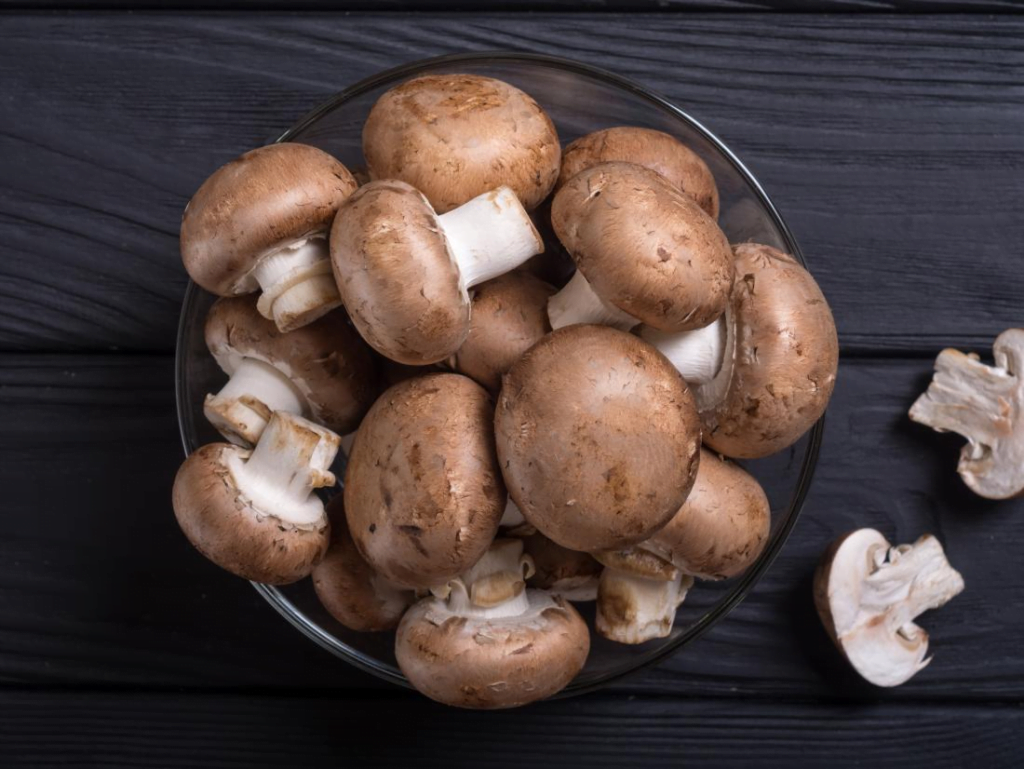Vitamin D, often referred to as the “sunshine vitamin,” plays a crucial role in maintaining overall health and well-being. Unlike other vitamins that primarily come from our diet, vitamin D is unique because our bodies can produce it naturally when exposed to sunlight. This natural wonder has several benefits, including strengthening bones, boosting the immune system, and supporting mental health. Let’s explore the real and natural sources of this essential nutrient and understand the significance of soaking up some sunshine.
Sunlight: The Primary Source

The most significant natural source of vitamin D is sunlight. When our skin is exposed to ultraviolet B (UVB) rays from the sun, it synthesizes vitamin D. Just 10 to 30 minutes of sunlight exposure on the face, arms, and legs, preferably during the early morning or late afternoon, a few times a week, is often sufficient for most people to meet their vitamin D needs.
Fatty Fish: A Nutrient-Rich Option

Fatty fish, such as salmon, mackerel, and tuna, are excellent dietary sources of vitamin D. Consuming these fish regularly not only provides your body with this essential nutrient but also offers a healthy dose of omega-3 fatty acids, contributing to heart and brain health.
Egg Yolks: A Nutritious Choice

Egg yolks are another natural source of vitamin D. Including eggs in your diet, especially if you are a vegetarian, can help you maintain optimal vitamin D levels. Additionally, eggs offer various other nutrients like proteins, vitamins, and minerals, making them a wholesome choice.
Mushrooms: Nature’s Vitamin D Factory

Certain types of mushrooms, particularly those exposed to sunlight or ultraviolet light during growth, can provide a small amount of vitamin D. While they might not be as potent as sunlight, mushrooms offer a natural and plant-based alternative for those looking to boost their vitamin D intake.
Fortified Foods: Enhancing Nutritional Value
In some regions, foods like milk, orange juice, and breakfast cereals are fortified with vitamin D. Fortification is a process of adding the nutrient to the food, ensuring people have access to it, especially in areas with limited sunlight. These fortified options are particularly useful for individuals who may have limited sun exposure or specific dietary restrictions.
Supplements: When Natural Sources Are Insufficient
For individuals with limited sunlight exposure, especially during the winter months or for those with certain medical conditions, vitamin D supplements prescribed by healthcare professionals can bridge the gap. It’s crucial to consult a healthcare provider before starting any supplementation to determine the appropriate dosage.
vitamin D is a vital nutrient that our bodies can naturally produce with sunlight exposure. Incorporating sources like fatty fish, egg yolks, mushrooms, and fortified foods into our diet complements this natural process, ensuring we maintain adequate vitamin D levels. Embracing a balanced approach that includes both natural sources and, when necessary, supplements, empowers us to harness the full potential of this sunshine vitamin, supporting our overall health and vitality.














